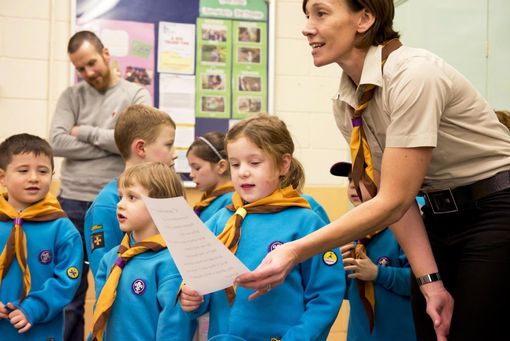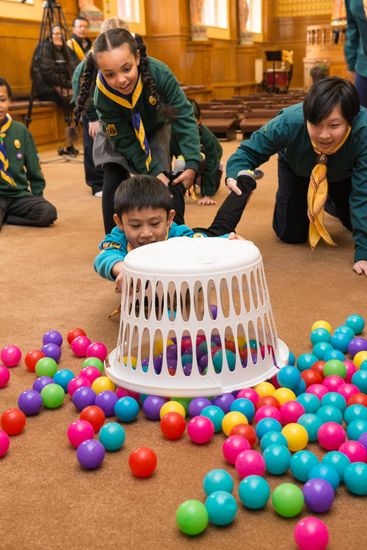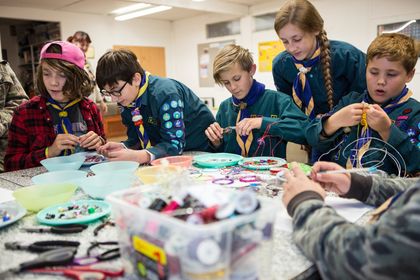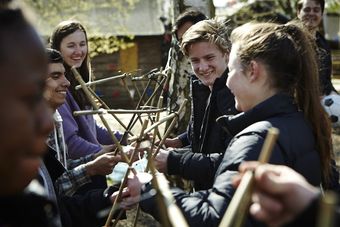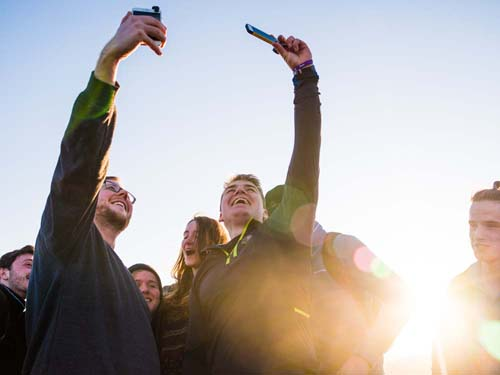About Us
What We Do
Scouts is all about fun, challenges and adventure.
The Scout Association is the UK's biggest mixed youth organisation. We change lives by offering 6- to 25-year-olds fun and challenging activities, unique experiences, everyday adventure and the chance to help others so that we make a positive impact in communities.
Scouts helps children and young adults reach their full potential. Scouts develop skills including teamwork, time management, leadership, initiative, planning, communication, self-motivation, cultural awareness and commitment. We help young people to get jobs, save lives and even change the world.New Paragraph
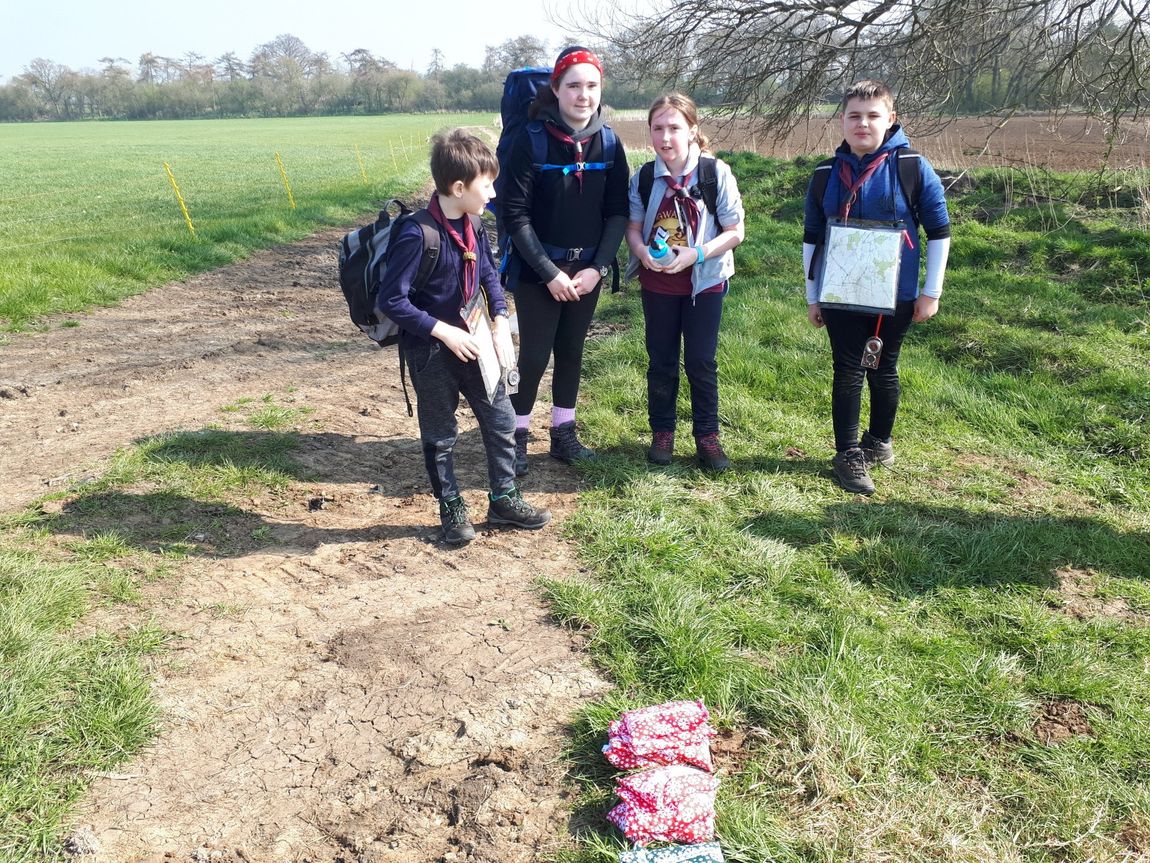
Slide title
Write your caption hereButton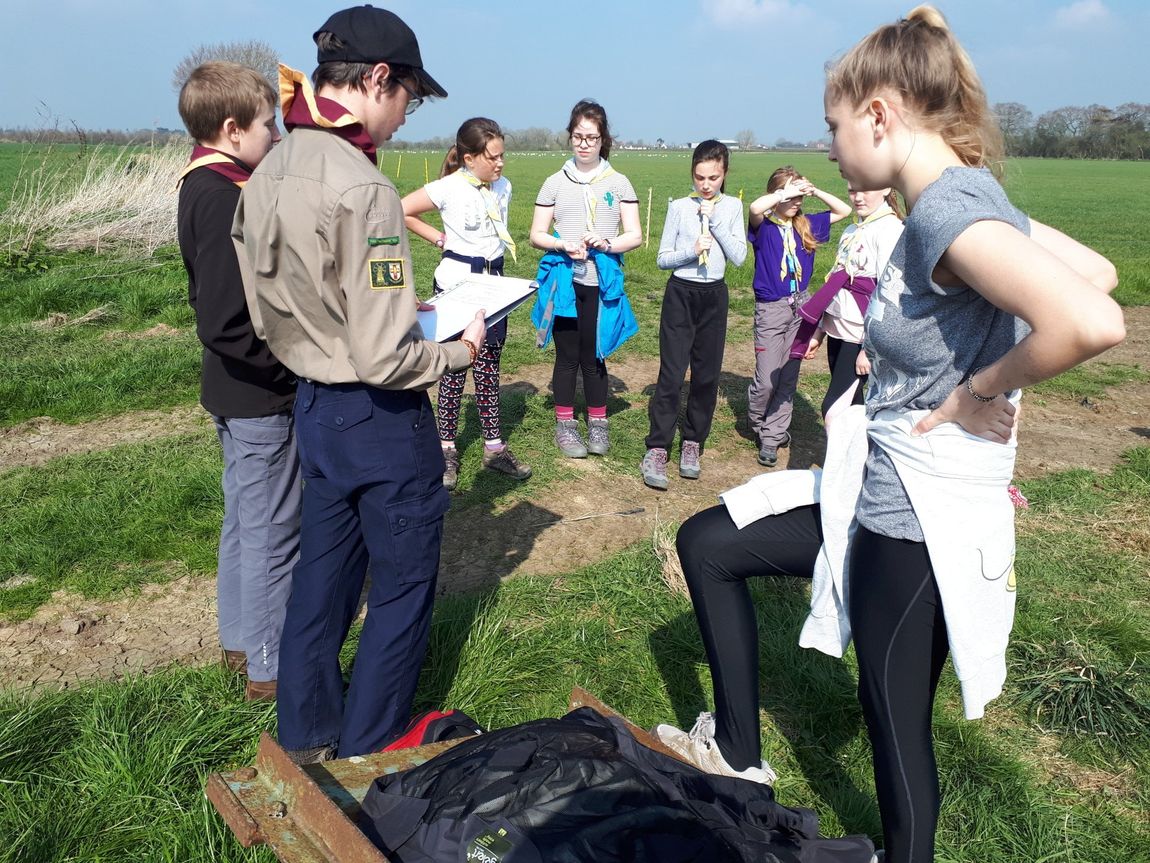
Slide title
Write your caption hereButton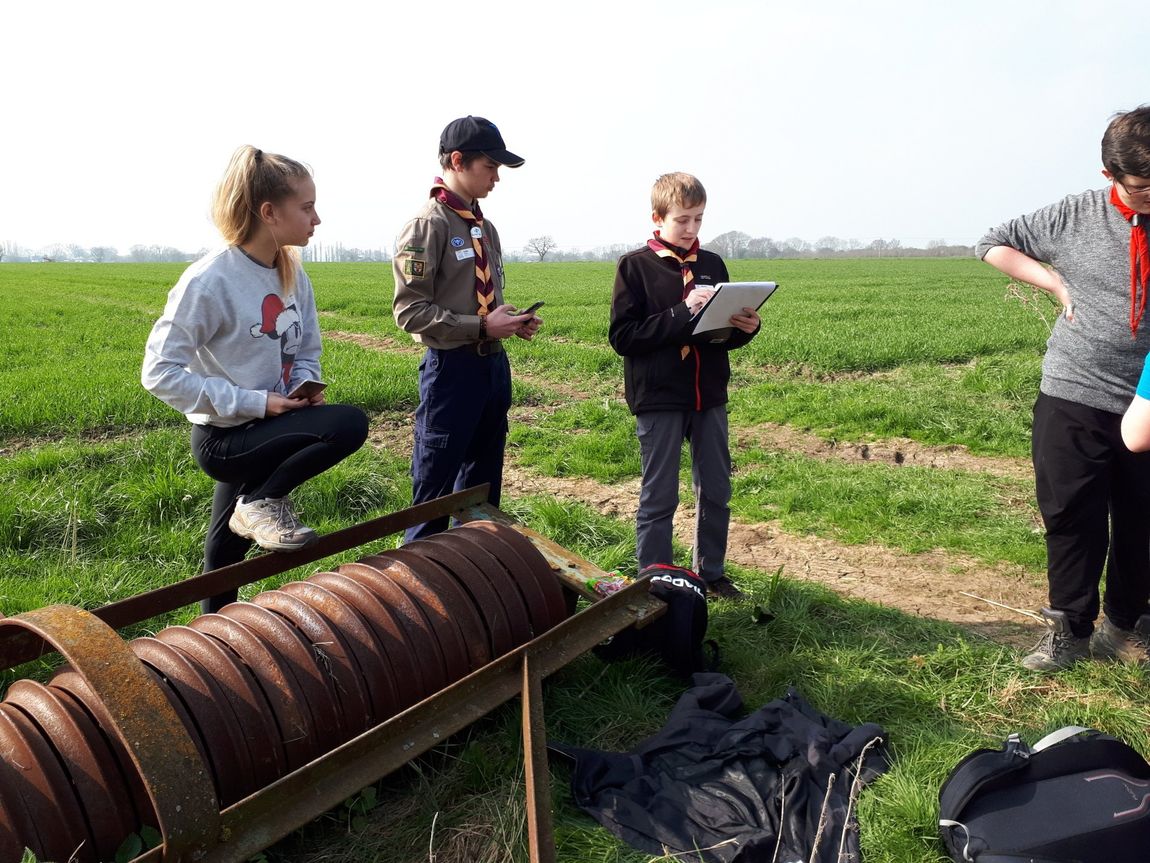
Slide title
Write your caption hereButton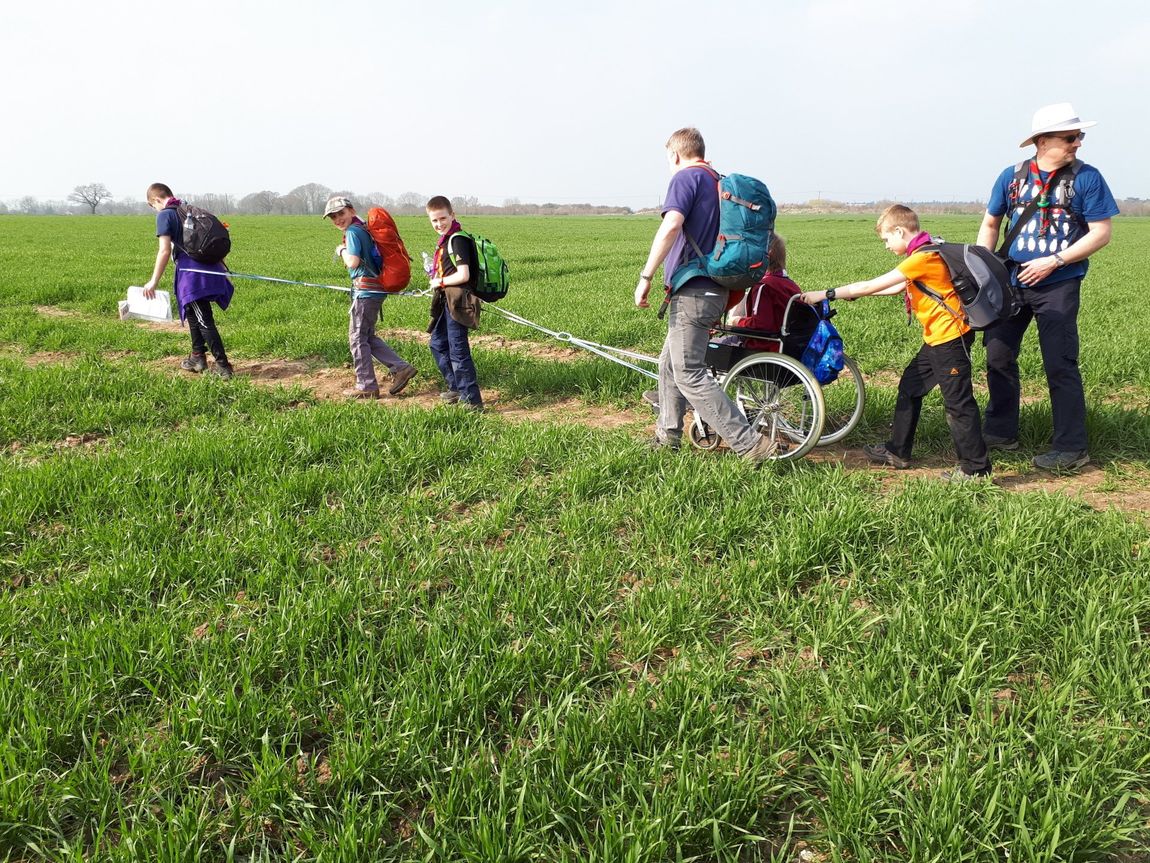
Slide title
Write your caption hereButton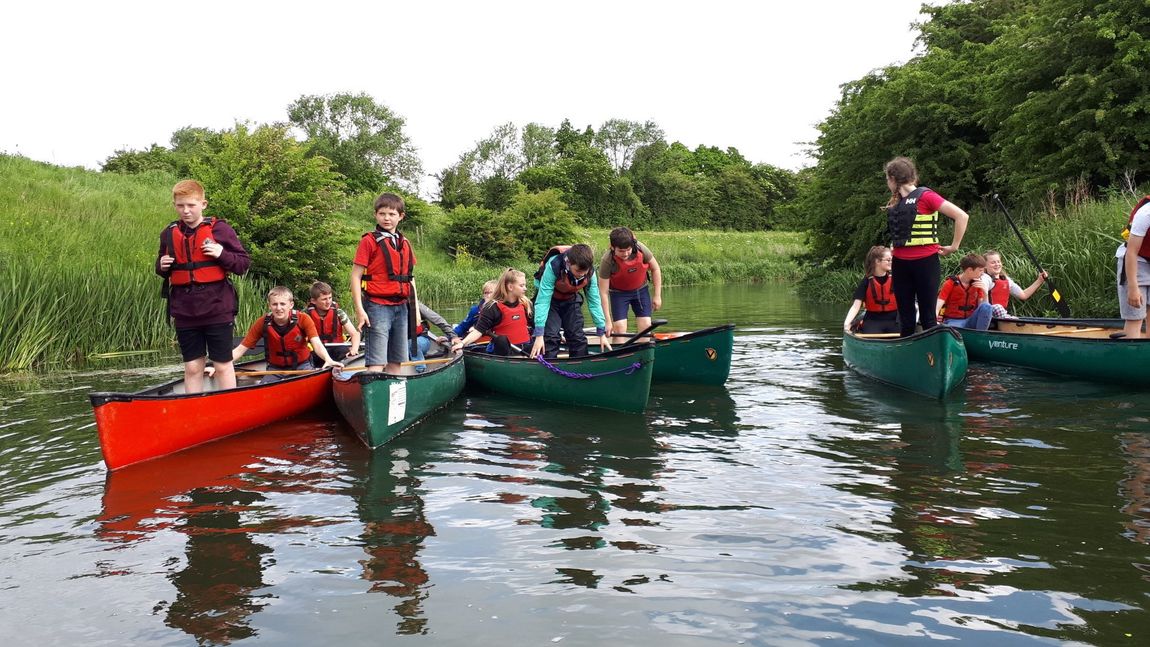
Slide title
Write your caption hereButton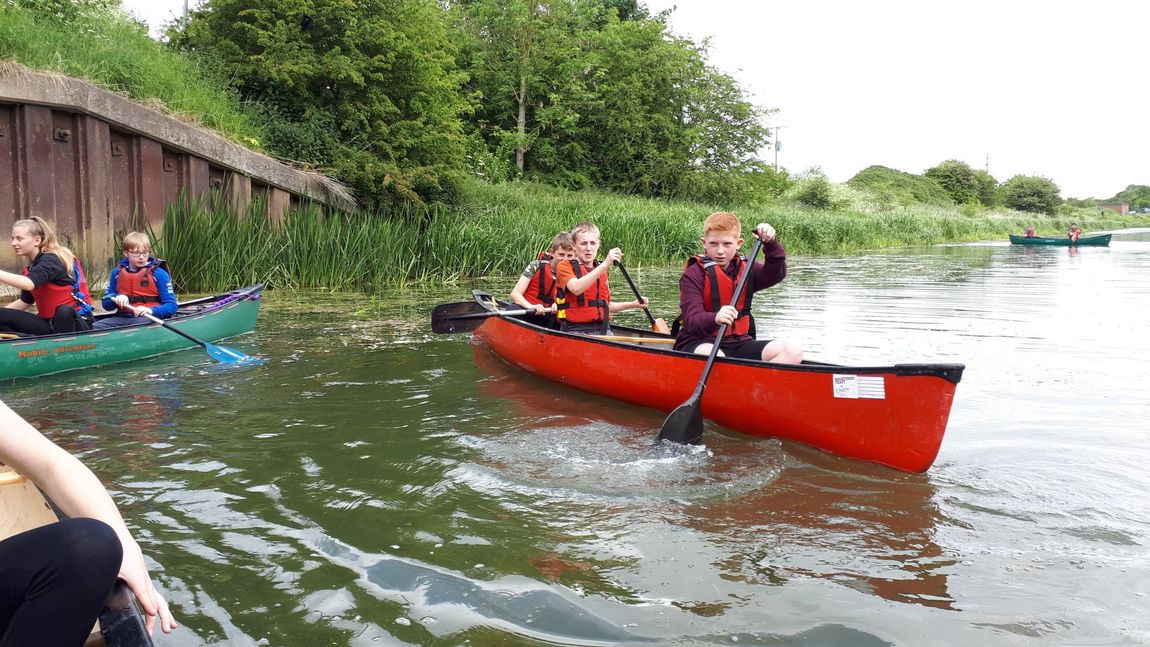
Slide title
Write your caption hereButton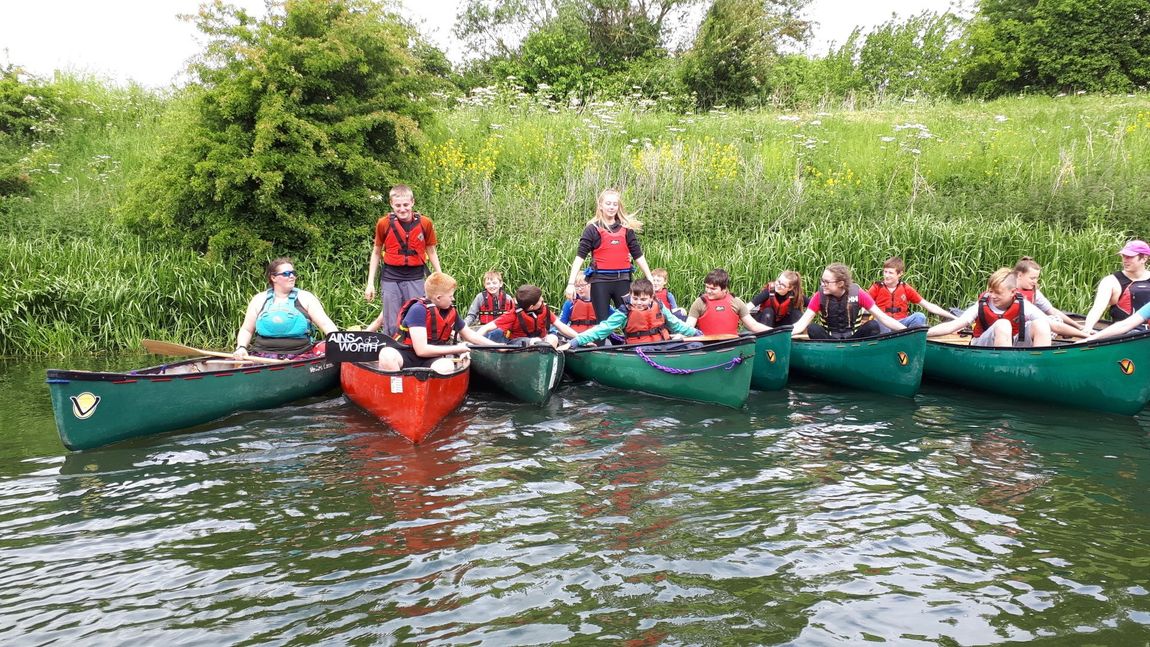
Slide title
Write your caption hereButton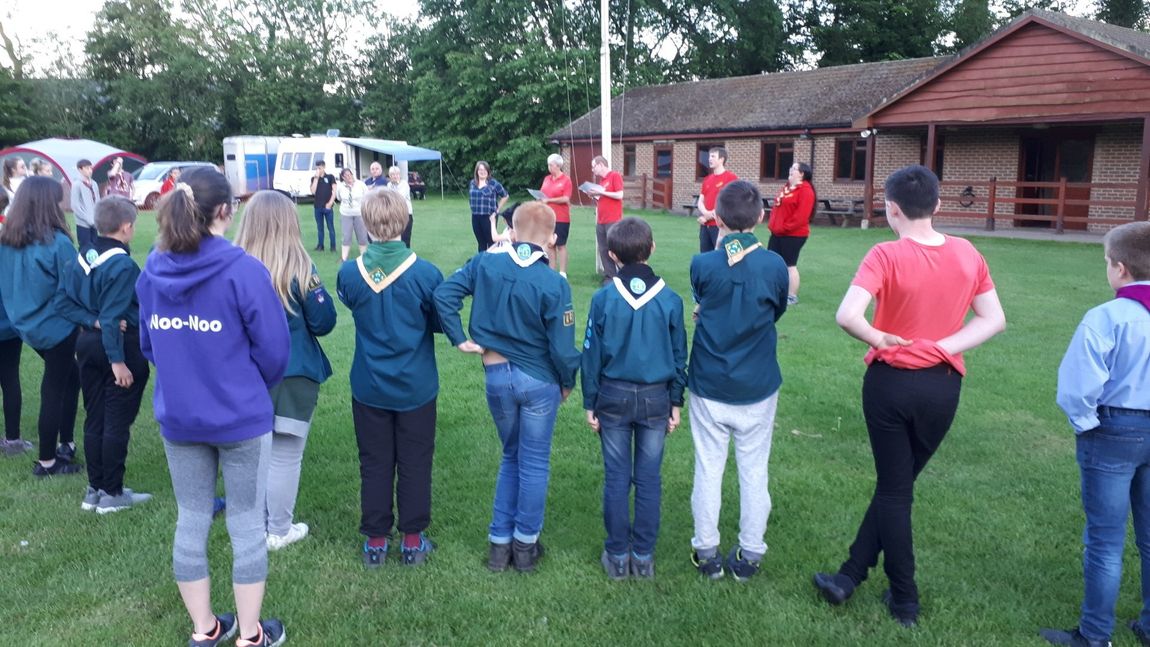
Slide title
Write your caption hereButton
What do Scouts do?
Scouts take part in activities as diverse as kayaking, abseiling, expeditions overseas, photography, climbing and zorbing.
As a Scout you can learn survival skills, first aid, computer programming, or even how to fly a plane.
There’s something for every young person. It’s a great way to have fun, make friends, get outdoors, express your creativity and experience the wider world.
What do volunteers do?
This everyday adventure is possible thanks to our adult volunteers, who support Scouts in a wide range of roles from working directly with young people, to helping manage a Group, to being a charity Trustee. We help volunteers get the most out of their experiences at Scouts by providing opportunities for adventure, training, fun and friendship.
Over 90% of Scout volunteers say that their skills and experiences have been useful in their work or personal life.
Our Sections
If you think Scouting’s just about knots, woggles and big shorts, then be prepared to be surprised. It’s how Richard Branson, Barack Obama and David Beckham got their start in life and you can benefit too.
There are 450,000 young people in Scouting, spread across five sections: Beaver Scouts, Cub Scouts, Scouts, Explorer Scouts and the Scout Network. Each section has its own balanced programme of activities, badges and awards.
Beavers are young people aged 6 to 8 who:
- Master new skills and try new things
- Have fun and go on adventures
- Make friends
- Are curious about the world around them
- Help others and make a difference, on their own doorstops and beyond
Beaver Scouts are our youngest members. Usually every week, they gather in groups called Beaver Colonies to hop, skip and jump their way through lots of different games and activities – achieving anything they set their minds to, and having lots of fun along the way. They will also have the opportunity to take part in the fun and excitement of camps and sleepovers. It may be the first time they spend a night away from home so it’s a real adventure for them.
Cub Scouts – 8 to 10 1/2
Cub Scouts get the chance to try lots of different activities such as games, badge work, sports and practical skills like cooking.
Cubs follow a Balanced Programme of activities which gives them a chance to try new things, work with other people, explore the world around them and develop personal skills. Cubs also get the change to go on all sorts of outings including day trips and longer trips such as summer camps.
The core age range of the Cub Scout Section is from 8 to 10 1/2 years, although young people may remain in the Pack until their 11th birthday before moving on to Scouts. A Cub Scout Pack is split into smaller groups called Sixes.
Camps and holidays are some of the most memorable events of the year for Cubs.
Scouts – 10 1/2 to 14
Scouts take part in a Balanced Programme that helps them to find out about the world in which they live, encourages them to know their own abilities and the importance of keeping fit and helps develop their creative talents.
It also provides opportunities to explore their own values and personal attitudes Scouts are encouraged to take part in a wide range of activities as part of their programme. The emphasis is on taking part and there are a number of badges and awards Scouts can work towards to recognise their commitment and achievements.
Being outdoors is important in the Scout Section and half the Programme is given over to taking part in traditional Scouting skills such as camping, survival and cooking as well as a wide range of adventurous activities, which can include anything from abseiling to yachting.
The chance to take part in international travel is also important for Scouts and many travel abroad during their time in the Section.
Young people may stay in the Scout Section until the age of 14 1/2 at the latest before moving on to Explorer Scouts.
Explorers - 14 to 18
Explorers can gain a wide range of badges and awards, particularly activity badges. These can range from canoeing and mountain biking to street sports and even public relations.
In Lincolnshire Units are based at District level. Some Units may be linked to a local Scout Group, while others may be based around different activities, for example a Gang Show.
Not all Explorer Scout Units meet every week, although many will take part in activities at weekend. Explorer Scout Units will often link up with other Units from their District to take part in a whole range of activities.
A unique part of being an Explorer Scout is the chance to become a Young Leader in the Beaver, Cub and Scout Sections. This gives Explorers the chance to:
- gain the knowledge, skills and confidence required to become an effective Leader
- further their own personal development
- work towards other Awards for example The Duke of Edinburgh's Award
- acquire the skills that are needed for the Scouts Adult Training Scheme
- and above all, have fun!
Young people can stay in the Explorer Scout Section until the age of 18 before moving on to the Scout Network.
Network - 18 to 25
There are many different activities and awards available to Scout Network members. Scout Network members can also continue to carry out other roles in Scouting, for example they could be:
- a Leader with another Section
- a Helper or Skills Instructor
- a member in another capacity
In Lincolnshire, Scout Networks are based at District level; some may be focused around a specific activity or location such a Gang Show, an activity centre, climbing or canoeing.
Scout Network programmes reflect the huge variation in Members' interests. Some local Networks have activities that concentrate on one area of the programme, whilst others will have a wider focus. One of the key elements is the opportunity to get away, either under canvas or in other accommodation.
There are many different ways to be a member of the Scout Network. Members don't have to stick with one group of members and can join in with as much or as little as they like, depending on their other commitments.
Scout Network members decide, along with the rest of the Network and leader, what they want to do - whether it's powerboating, socialising, hiking or enjoying a trip abroad. Some Networks could hold their meetings in a hall, at someone's house or even up a mountain!
Network members can gain awards such as the Chief Scout's Diamond, Explorer Belt, Duke of Edinburgh Award and National Governing Body (NGB) awards. The highest award is the Queen's Scout Award, which is recognised by many employers as the sign of someone who is enthusiastic, dedicated and reliable.
Our Values
As Scouts we are guided by these values:
- Integrity: We say what we mean and when we make a promise, we keep it.
- Respect : We listen to others, explore our differences and work to find common ground.
- Care : Scouts are friends to all and think of others before themselves.
- Belief: We believe passionately in improving the lives and life chances of young people and helping them explore and develop their beliefs and attitudes.
- Cooperation : Scouting is about teamwork. We believe that when we work together we achieve more than we can on our own.
Our Approach
As a County, our priority is to build on the accessibility and quality of Scouting already available by carrying out actions to achieve the goals we have set against the four objectives of Growth, Inclusivity, Youth Shaped and Community Impact.
Our goals and actions follow a simple plan outline for the coming years -
- High quality, inspiring programmes will be delivered through sections, coordinated by group structures in which adult volunteers are supported by district roles and activity. Assistance with wider geographical coordination and further support to adults, programme resource or additional opportunity will be enhanced by county organised activity.
- Support functions will be provided centrally across the county wherever possible, backed up by district provision if needed, responding to group needs for growth and the ability for sections to focus on the most effective delivery of programme, equipping more young people with skills for life.
- We strive to improve every area of our delivery, management, support and governance each year, each month, each day through setting achievable goals then sharing and learning from our Scouting experiences across the county.


